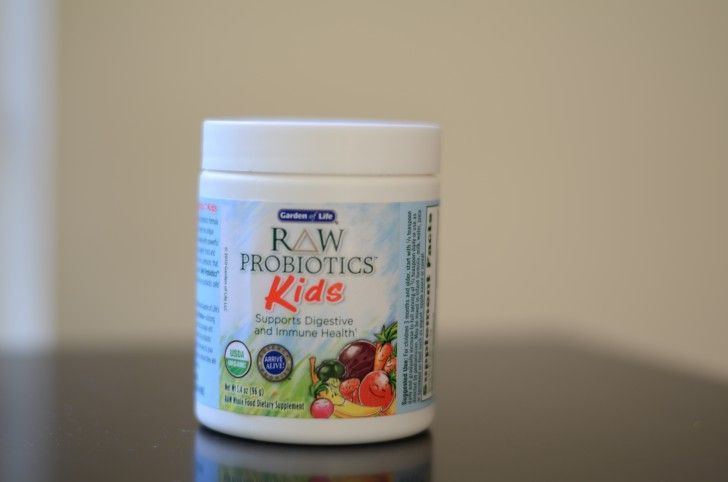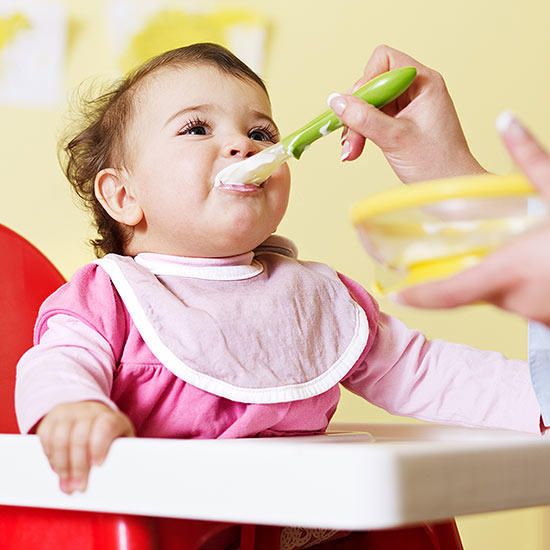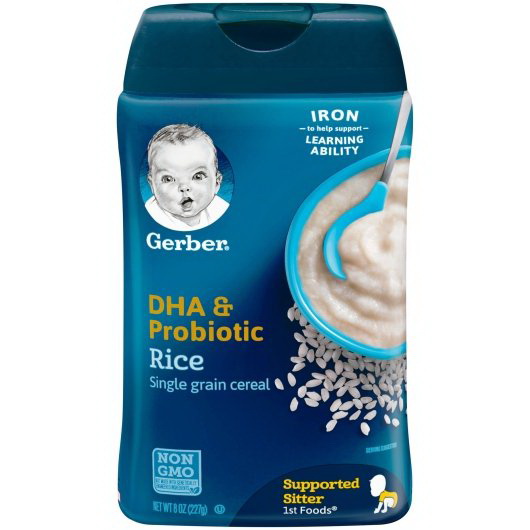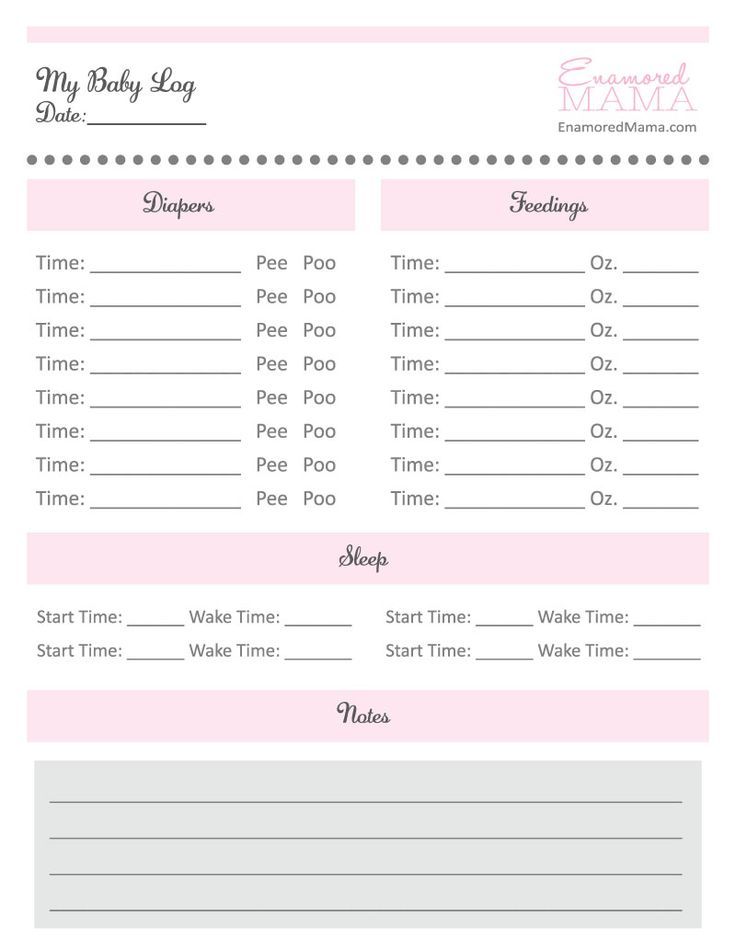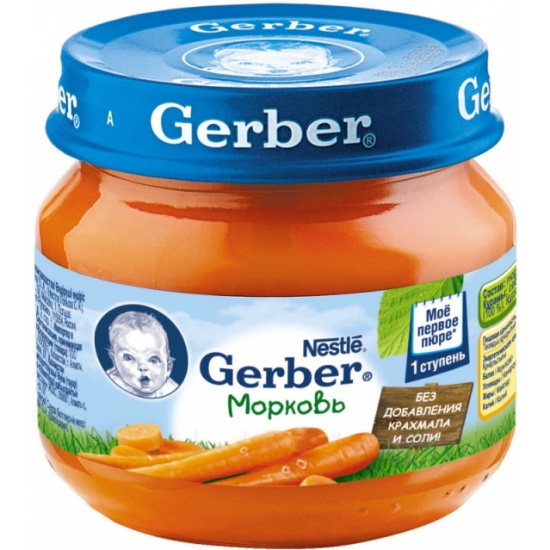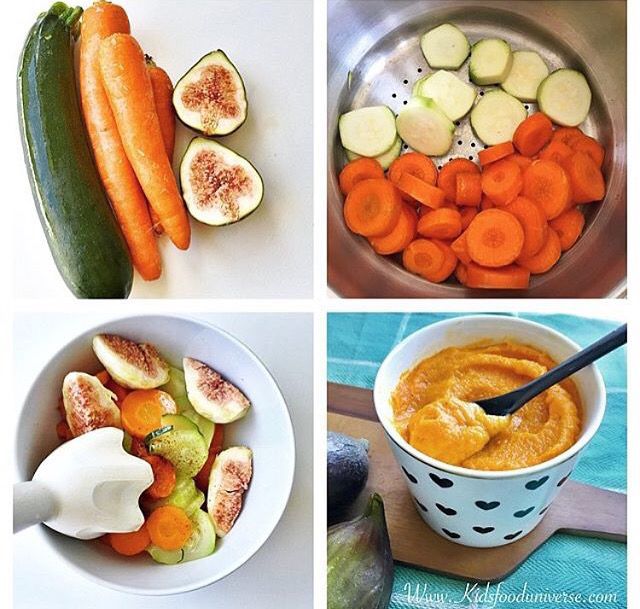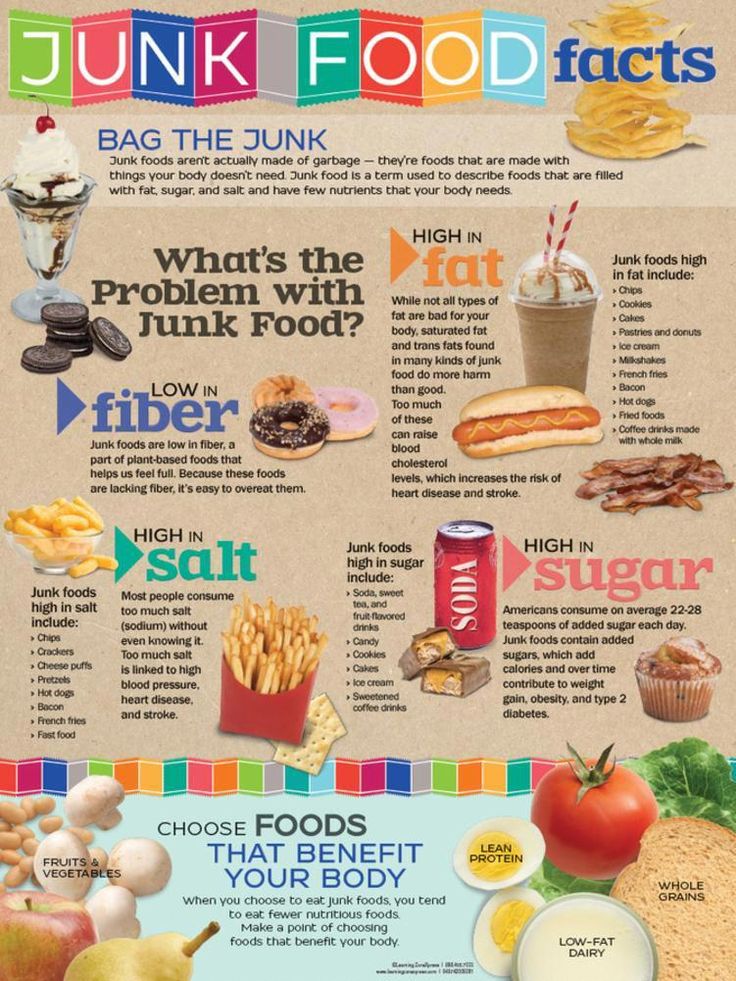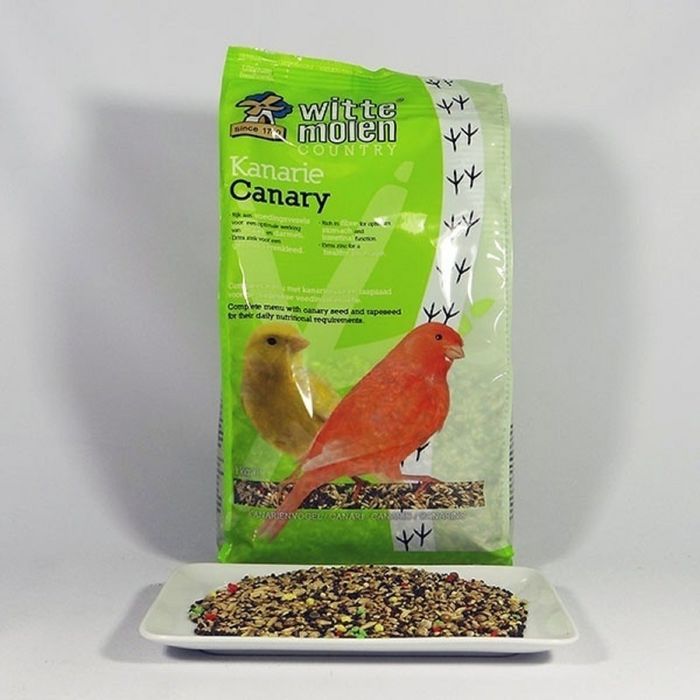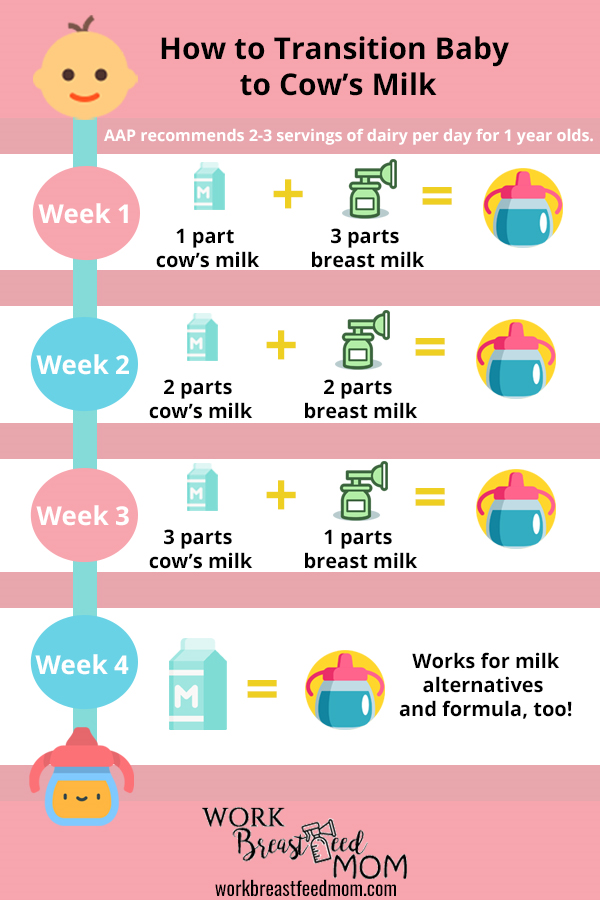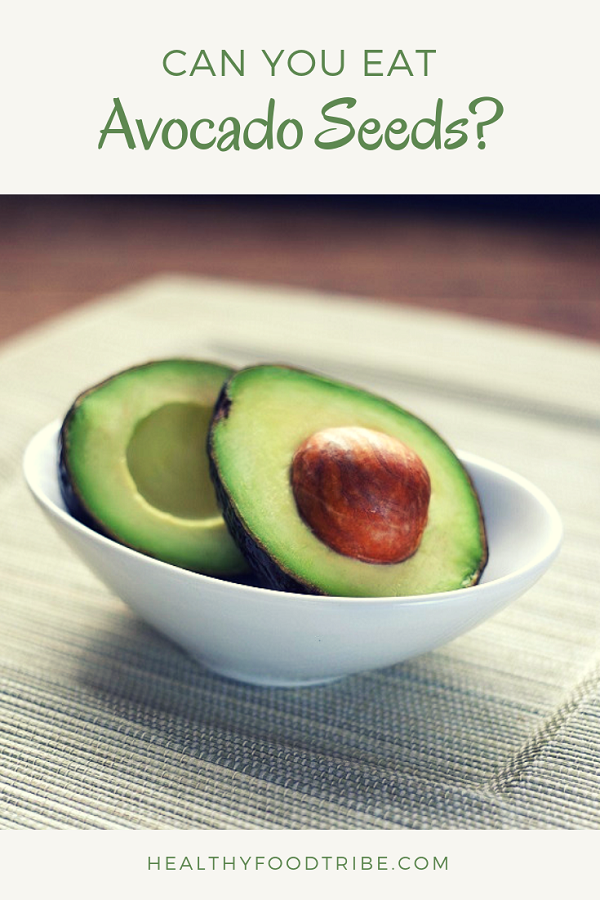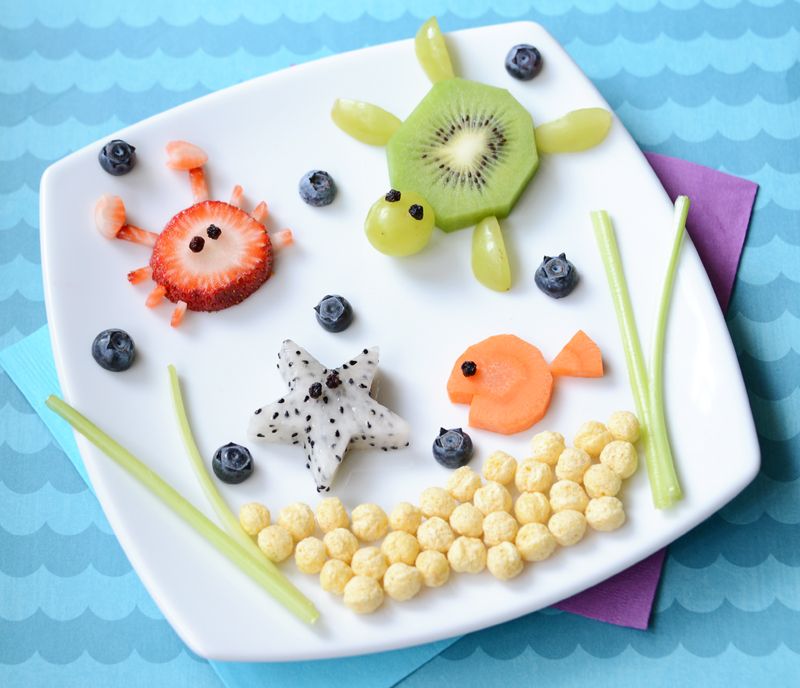Foods with probiotics for babies
Probiotic Foods for Kids: 6 Easy, Healthy Options
Learn about the benefits of probiotic foods for kids and where you can easily find them.
You’ve heard the phrase: Your health is your wealth.
Well, if your health is your wealth, your gut health is priceless.
I should know.
A few years ago, I made a business trip to another country. During my stay, I acquired a parasite. (sad face)
I became very sick and needed nearly a month of treatment with strong antibiotics to get rid of the parasite.
After that, it took months to heal and re-build the healthy gut I once had.
What is Gut Health?
We all have a digestive system. It helps our bodies digest the food we eat so we can absorb the nutrients from food.
Within our gastrointestinal tract, or gut, live trillions of bacteria.
Scientists call this our gut microbiome, which refers to the microsystem or environment contained within our digestive tracts.
Exciting and emerging research teaches us that our microbiome may be responsible for much more than food digestion.
From happy, hopeful mood states to a robust immunity, we’re learning that a healthy gut microbiome is key to our health.
We Want a Diverse Microbiome
Of course, when you have trillions of bacteria in your gut, some of them are going to be helpful, and some not so much.
The balance of good and bad bacteria in the gut influence your health.
While research has targeted the connection between gut health and obesity, brain function, immunity and more, probiotics and fermented foods are a common recommendation for helping the gut microbiome stay balanced and healthy.
Probiotics are “live microorganisms that, when administered in adequate amounts, confer a health benefit on the host,” according to a consensus panel from the Food and Agriculture Organization of the United Nations and World Health Organization (FAO/WHO).
Research on probiotics in children have suggested the following potential benefits of probiotics:
- Reduces inflammation of the gut in premature infants, and possibly prevents necrotizing enterocolitis (NEC)
- Increases the good bacteria in the microbiome of healthy, breastfed infants
- Prevents diarrhea in children taking antibiotics
- Reduces crying in babies with colic
- Reduces likelihood and symptoms of eczema
- Prevents respiratory tract infections in day care and preschool
- Reduces symptoms of irritable bowel syndrome, or IBS (studies are from adult subjects, yet medical practitioners are applying these findings to children)
While many studies on probiotics and gut health have been done, these studies highlight specific strains of probiotics.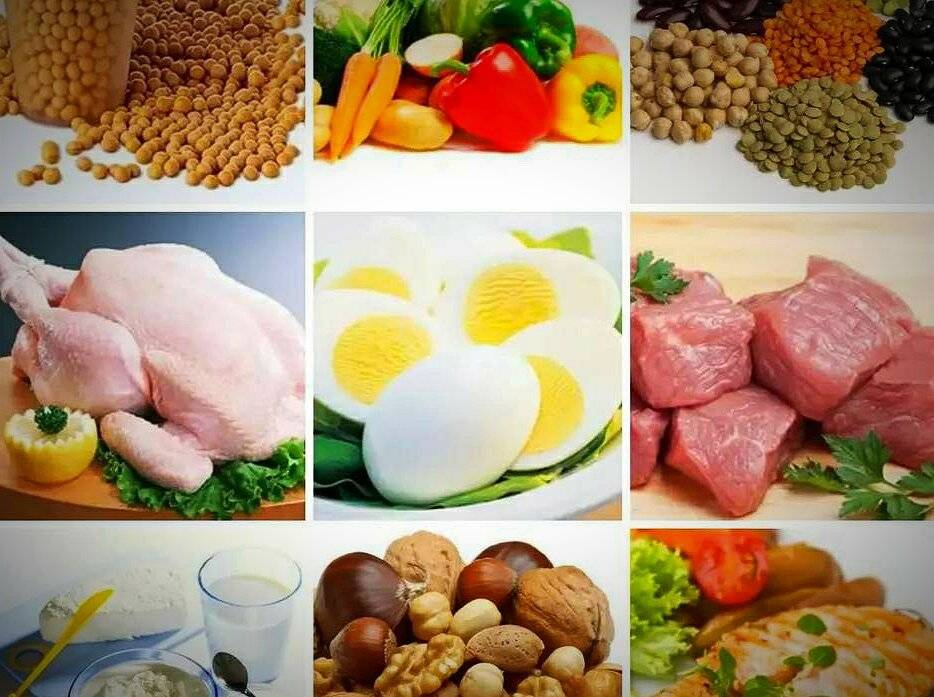
Experts warn that long term benefits and effects of probiotics on health are still unknown.
Additionally, probiotic content varies from brand to brand in that they contain different strains of probiotics and combinations of them.
Each strain of probiotic has a different effect on the gut, depending on the individual’s gut microbiome.
Food with Probiotics
Fermented foods contain live microbes and may confer a beneficial effect on the gut.
For example, fermented dairy products have been associated with a reduction in Type 2 diabetes in adults.
Yet, experts point out that it can be difficult to tease out whether health effects come from live microorganisms or the nutritional quality of the food itself.
The bottom line: Foods with probiotic containing living cultures can add beneficial bacteria to the gut so your child can reap the health benefits.
Probiotic Foods for Kids
In my work with kids, gut health comes up a lot.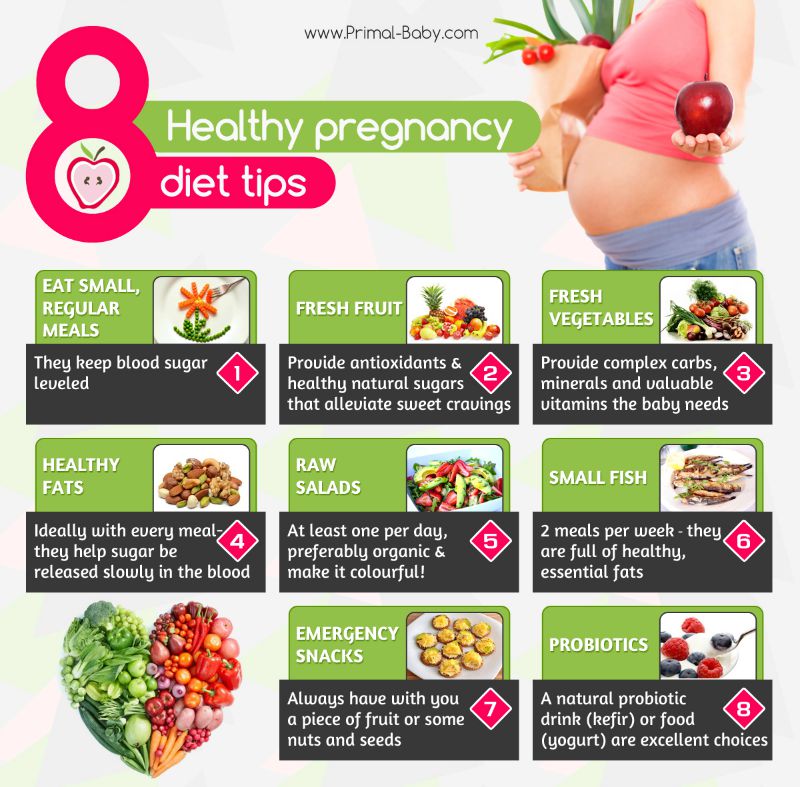 Parents are curious about whether they should start a probiotic, or not.
Parents are curious about whether they should start a probiotic, or not.
Generally, if a child is healthy or has gut issues like constipation or lactose-intolerance, I like to see families increase their consumption of fermented foods.
6 Foods to Introduce to Kids
You might recognize yogurt as a source of live and active cultures, yet, you might not realize there are several other fermented foods from which to choose.
The six I list here are kid-friendly fermented foods with which your child may enjoy.
1. Yogurt (with Live Cultures)
Made from milk that has been fermented with bacteria, yogurt has been shown to help with diarrhea and irritable bowel syndrome in children.
Not all yogurt is equal, though. Some yogurts have live cultures, which means there are active probiotic strains within the yogurt.
In other yogurts, the cultures have been killed during processing.
Tip: Choose yogurts with live or active cultures.
Here’s a guide for choosing the best yogurt for your child.
2. Kefir
Kefir is a fermented milk drink made by adding kefir grains to cow’s milk or goat’s milk.
Personally, it’s one of my favorites and I’ve had great success introducing this option to kids, even picky eaters!
Even though kefir can have a sour flavor, many brands offer flavored versions like mango, strawberry and blueberry.
More potent than yogurt, kefir hosts a wide variety of gut-friendly probiotic strains. It’s also well-tolerated by people with lactose intolerance.
Tip: Offer a few ounces in the morning with breakfast.
3. Pickles
Pucker up! Pickles may be fermented in a solution of salt and water, or in a vinegar solution.
Cucumbers pickled with salt and water ferment over time. Coupled with the naturally present lactic acid in cucumber, this produces active cultures and a sour flavor.
Pickles made with vinegar are not a source of live and active cultures.
Tip: If you’ve never tried pickling cucumbers in salt and water, give it a whirl!
4.
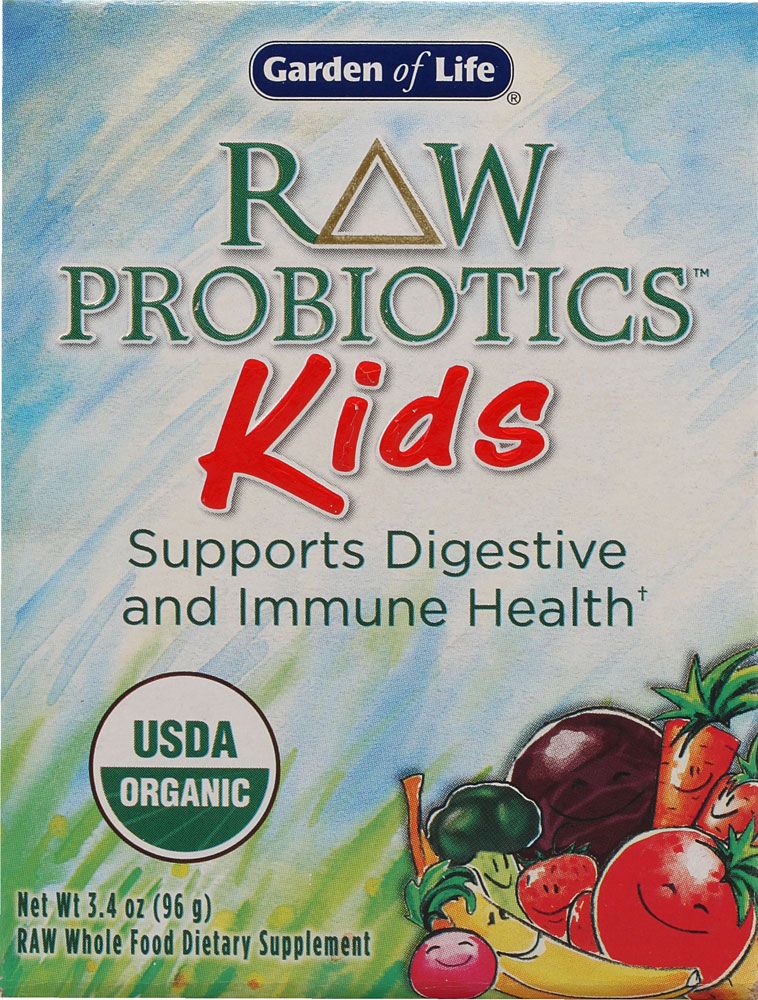 Buttermilk
ButtermilkButtermilk may contain live, active cultures, however, the buttermilk products available in the grocery store may not contain live, active cultures due to processing.
Always check the label for evidence of cultures. Cultured buttermilk can be made at home and is started with live, active cultures added to fresh milk or cream.
The buttermilk is allowed to ferment, producing a cultured buttermilk. Cultured buttermilk can be an addition to baked goods like biscuits and to make delicious pancakes.
5. Cheese
Most cheeses are fermented, but only some cheeses are a source of live cultures. You can find them by looking for a label that states “with live and active cultures.”
Gouda, mozzarella, and cheddar cheese are examples that may contain living cultures.
6. Tempeh
Tempeh is a high protein meat substitute made from fermented soybeans. Fermentation lowers the phytic acid in beans, making nutrients like iron and zinc more available to the body for absorption.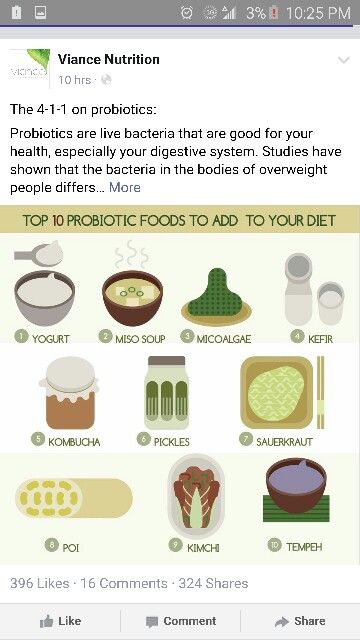
The process of fermentation also causes the production of vitamin B12, which is not typically present in beans, making tempeh a nutritious meat alternative for vegetarians.
More Fermented Foods
Other fermented food sources can be found in the refrigerator!
Look for sauerkraut, kombucha, miso, natto, and kimchi.
And, of course, go ahead and try these with your child too!
I want to know…which are your favorite fermented foods?
Need More Help with Feeding Kids?
Check out the on demand library, programs and books at The Nourished Child.
Probiotics for babies | BabyCenter
What are probiotics?
Probiotics are microorganisms, such as bacteria or yeast, that can be beneficial to your health. Some types of these microorganisms live in your body – in your intestines, for example. Probiotics are also found in food, such as some kinds of yogurt. They're also available as dietary supplements, and some baby formulas even have added probiotics.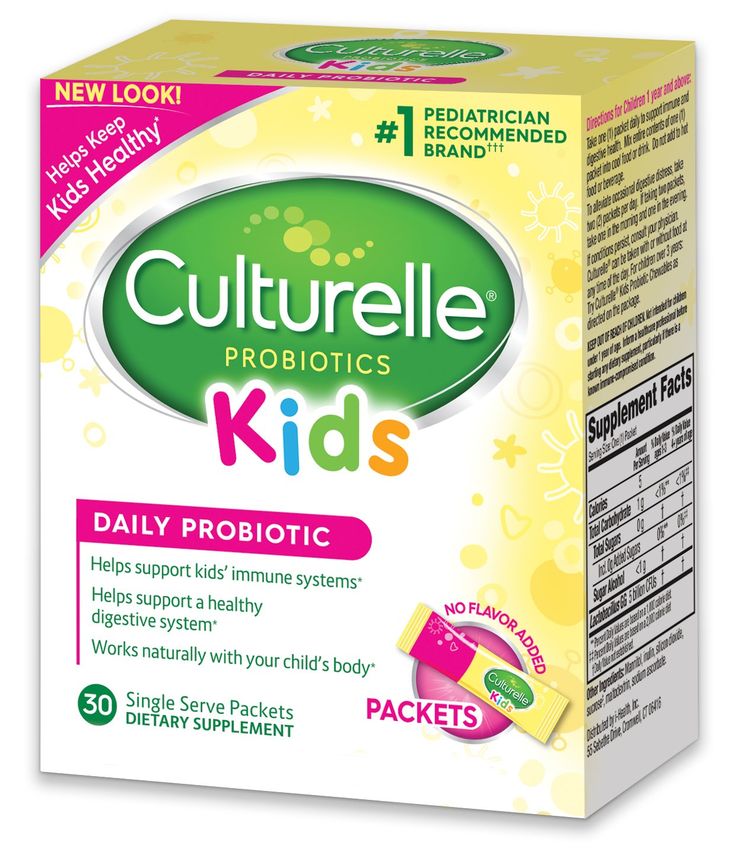
Some adults take probiotic supplements to help with digestive problems. Probiotics may also have benefits for infants, such as easing colic and treating diarrhea.
But there isn't scientific evidence to support all the claims made in favor of probiotics. Before giving your baby a probiotic supplement or probiotic-enhanced formula, talk to your child's doctor and do a little research.
Read on to find out how probiotics work and what the evidence shows about their benefits and safety.
How do probiotics work?
Your body hosts trillions of microorganisms, mostly bacteria, that are collectively known as your microbiome. Some types are considered harmful and others helpful, but ideally they coexist in balance with one another. When the balance is disturbed, resulting in too many "bad" bacteria, it can lead to diarrhea or other health problems.
Certain illnesses can upset the balance of bacteria in your intestines. So can taking antibiotics, which wipes out both good and bad bacteria.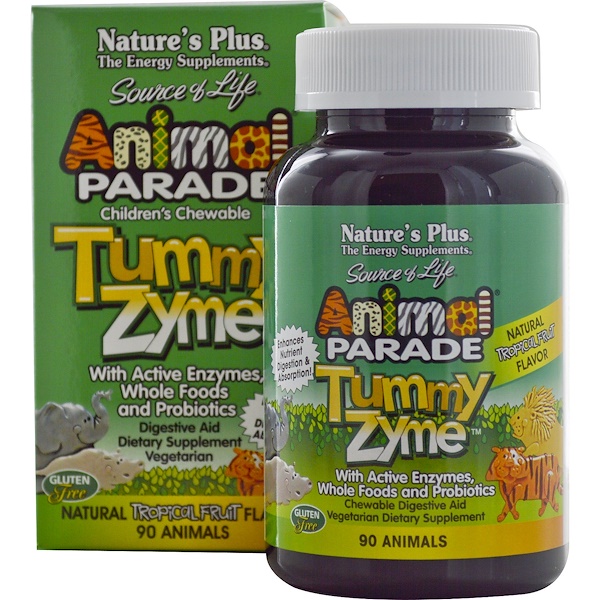 The body usually restores this balance on its own over time. But studies show that taking probiotics can sometimes help speed up this process and may prevent or ease certain symptoms.
The body usually restores this balance on its own over time. But studies show that taking probiotics can sometimes help speed up this process and may prevent or ease certain symptoms.
How can probiotics help babies?
Probiotics may help infants with:
- Diarrhea: There's strong evidence that certain probiotics can help treat diarrhea caused by infection or antibiotics. One study showed that giving babies certain probiotics as soon as they started having diarrhea caused by a stomach virus shortened the course of illness by one day. There's not as much evidence that probiotics can prevent diarrhea in babies.
- Colic: The cause of colic is unknown, but some experts believe that it may be related to gas-producing bacteria and low numbers of a certain type of bacteria in a baby's intestinal tract. Probiotics may reduce colic symptoms by tipping the balance in favor of good bacteria in the intestines. One study found that colicky, breastfed babies given a probiotic supplement cried for a shorter period of time each day than untreated infants within one week of starting the treatment.
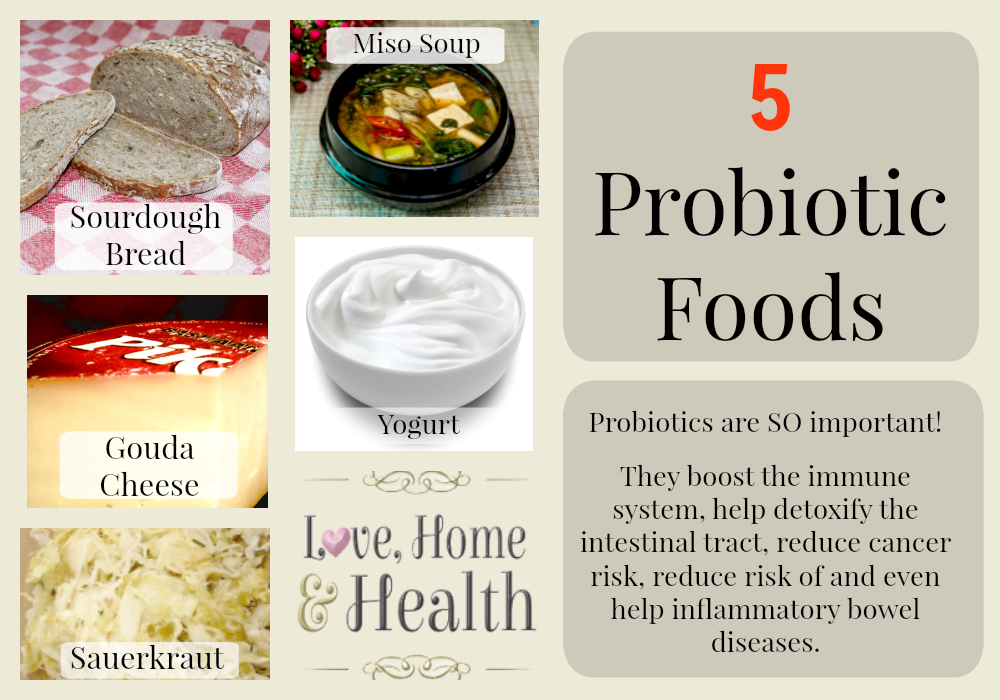 However, more studies are needed to confirm this effect.
However, more studies are needed to confirm this effect. - Eczema: In another study, researchers gave probiotics to women with a history of eczema in their last months of pregnancy. They breastfed their babies and gave them probiotics for six months. By age 4 years, kids who received this treatment were almost half as likely to have eczema than those who didn't. However, other studies found no benefit.
What about prebiotics?
Prebiotics are substances found in certain foods (mostly fruits and vegetables) that function as food for gut bacteria, stimulating their growth. Prebiotics are also sold as dietary supplements and can be found in some baby formulas.
Not much research has been done on prebiotics. In one study, infants were given prebiotic supplements in formula during the first six months of life. After 2 years, the infants given the prebiotics were less likely to have a type of skin allergy called atopic dermatitis. But other studies haven't found any benefit to prebiotic supplements.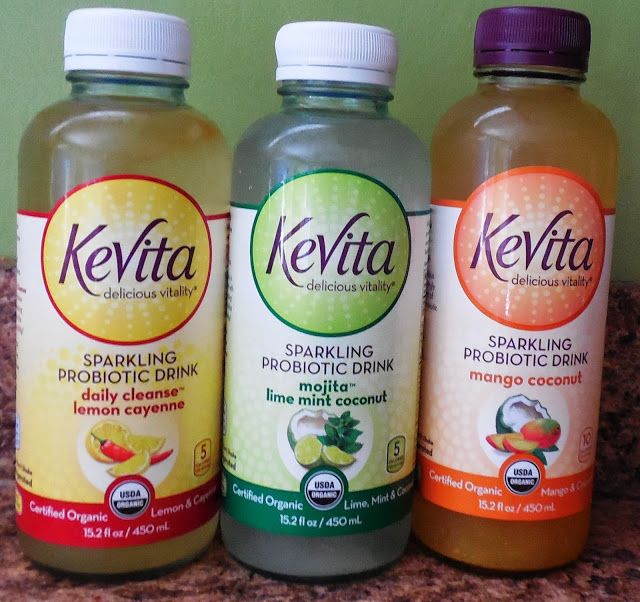
How can I tell what kind of probiotics could help my baby?
Talk to your baby's health care provider. She'll first examine him to rule out a more serious illness and make sure that it would be safe for him to take probiotics. This is especially important if your child has a compromised immune system.
If you decide to give probiotics a try, your child's doctor may be able to recommend a brand that contains the right bacterial strains to meet your baby's needs. For example, research suggests that Bifidobacterium breve and Bifidobacterium longum can help manage colic. Bifidobacterium lactis, Lactobacillus reuteri, and Lactobacillus rhamnosus (known as LGG) may help treat diarrhea.
Dosage is another consideration. For infants and children, studies show that a dosage between 5 and 10 billion colony-forming units (CFUs) per day is sufficient to establish enough good bacteria.
How do I give my baby probiotics?
Probiotic supplements come in many forms, including liquid drops and powder that can be mixed into breast milk, water, or formula.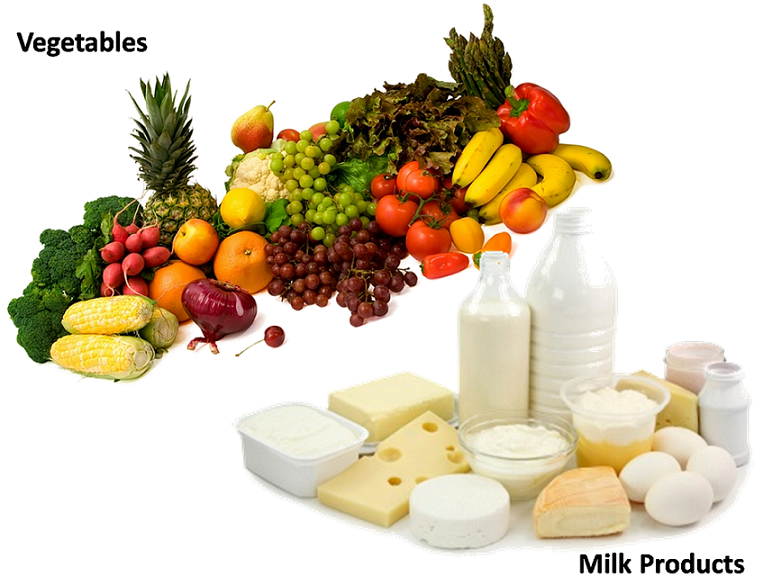 However, keep in mind that the U.S. Food and Drug Administration (FDA) doesn't regulate supplements, so it's often difficult to know exactly what you're getting. (See our article on buying supplements for guidance.)
However, keep in mind that the U.S. Food and Drug Administration (FDA) doesn't regulate supplements, so it's often difficult to know exactly what you're getting. (See our article on buying supplements for guidance.)
You can also put probiotic drops directly into your baby's mouth. If you're breastfeeding, you can even put the drops on your breast right before you nurse him. Or you can add them to a bottle of formula or breast milk. Just don't heat the bottle over 100 degrees F or you'll risk destroying the microorganisms.
You can also buy formula containing probiotics. Unlike the supplements described above, these products are regulated by the FDA and have been approved as safe. But that doesn't mean there is evidence in support of any health claims. And as with the drops mentioned above, you'll destroy the probiotics if you heat the formula too much.
Are there foods containing probiotics that I can give my baby?
Some foods contain probiotics, although there haven't been any studies done that demonstrate health effects for babies.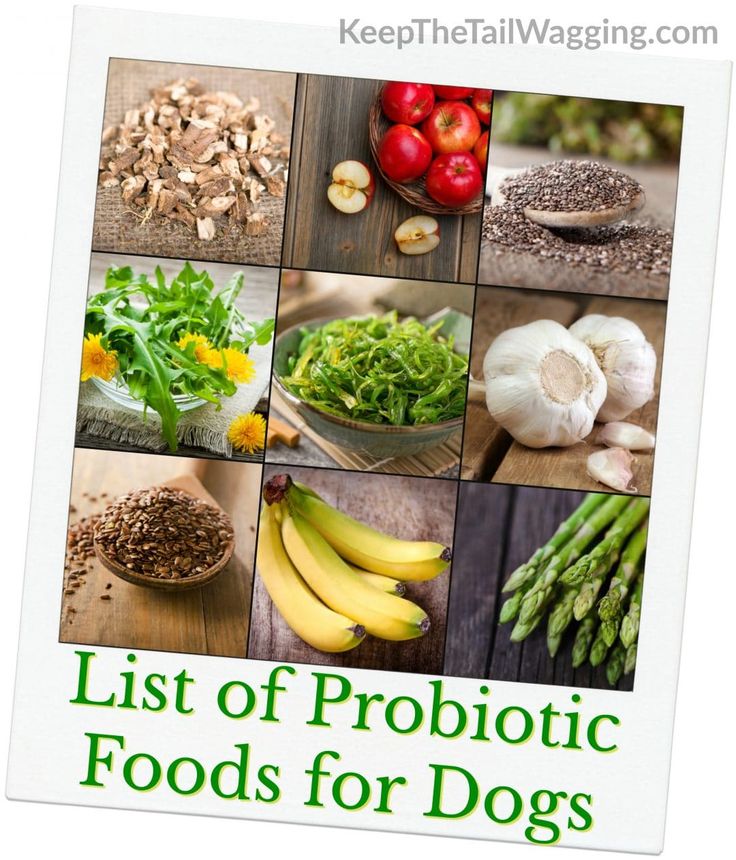 Still, it can't hurt to try them.
Still, it can't hurt to try them.
Yogurt is a great source of probiotics. Most babies can start eating yogurt as soon as they start eating solids – around 4 to 6 months. Look for products that contain "live" or "active" cultures, which means the organisms have not been destroyed by heat during processing. Choose plain, unsweetened yogurt to avoid added sugar.
Other foods that naturally contain probiotics:
- Kefir, a type of fermented milk drink (like yogurt)
- Brined or fermented foods, such as sauerkraut, kimchee, and pickles made with salt (not vinegar)
- Miso (fermented soybean paste)
- Tempeh (another fermented soy product)
- Aged cheeses, like cheddar or blue cheese
If you have questions about starting your baby on these foods, talk to your health care provider. BabyCenter also offers these tips for introducing your baby to new foods.
Learn more:
Probiotics for children
What to eat to be healthy - 10 foods rich in probiotics
Probiotics are bacteria beneficial to the intestinal microflora that have a positive effect on the state of the human body.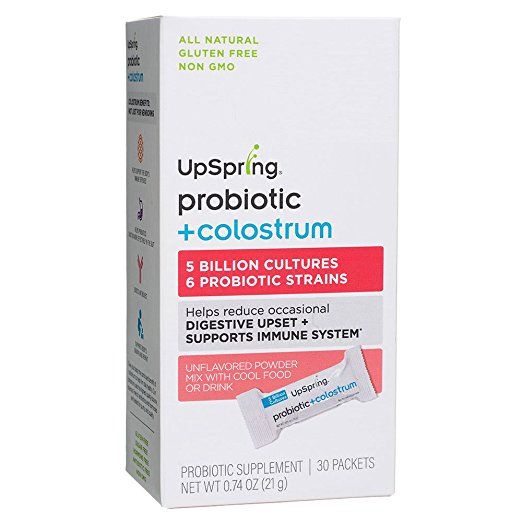 Sources of probiotics are kefir, cheeses, yogurt, as well as special nutritional supplements and medications. In this article, we will talk about the benefits of probiotics for the body, as well as which foods contain the maximum amount of probiotics.
Sources of probiotics are kefir, cheeses, yogurt, as well as special nutritional supplements and medications. In this article, we will talk about the benefits of probiotics for the body, as well as which foods contain the maximum amount of probiotics.
Everyone knows that probiotics are good for digestion, but they don't stop there. So, what benefits do probiotics bring to the human body:
- Strengthen the immune system.
- Increase energy levels through the production of vitamin B12.
- Useful for bowel problems, including intestinal inflammation.
- Makes breath fresher.
- Improve skin condition.
- Help with flu and colds.
- Reduce the effects of antibiotic treatment.
- Helps to lose weight.
Conversely, what happens when you don't get enough probiotics? Lack of probiotics can lead to digestive problems, worsened skin conditions, reduced immunity, and many other unpleasant consequences.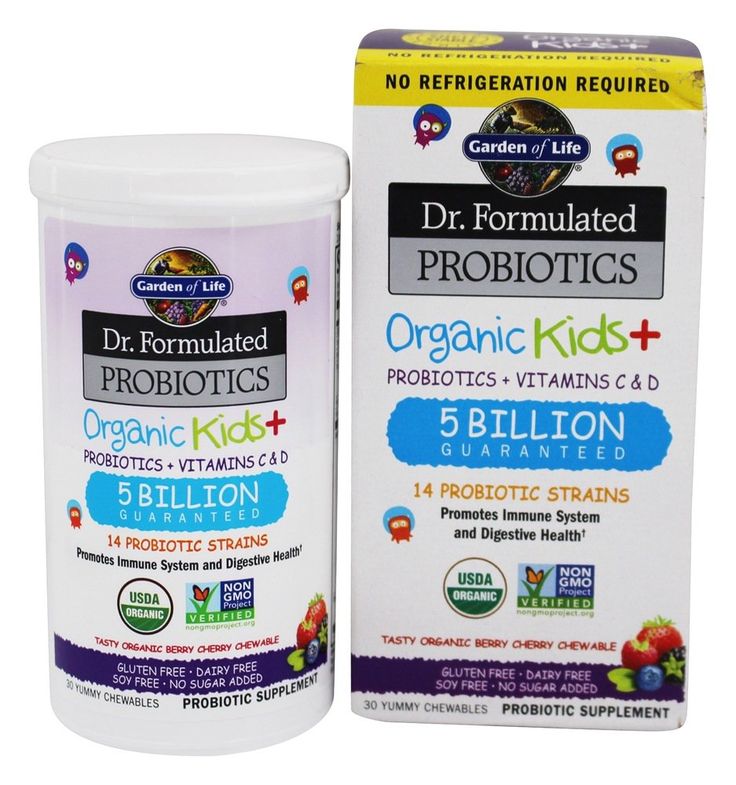
Here is a list of foods that are high in probiotics.
1. Yoghurt
Yoghurt is one of the record-breaking probiotic foods. Yogurt is made from milk with the addition of beneficial bacteria, mainly lactic acid and bifidobacteria. Numerous studies have proven that yogurt is very good for health - regular consumption of yogurt has a beneficial effect on digestion, the immune system and heart function. There are many types of yogurt on the market today, and not all of them contain live bacteria - so read the label before buying. Read more about the benefits of yogurt in our material "10 reasons to start eating yogurt - how this product will be useful for you."
2. Kefir
Like yogurt, kefir is one of the healthiest fermented milk products. To produce milk kefir, kefir grains, which are cultures of lactic acid bacteria, are added to milk. Regular consumption of kefir helps to improve digestion, increase immunity, and protect the body from infections.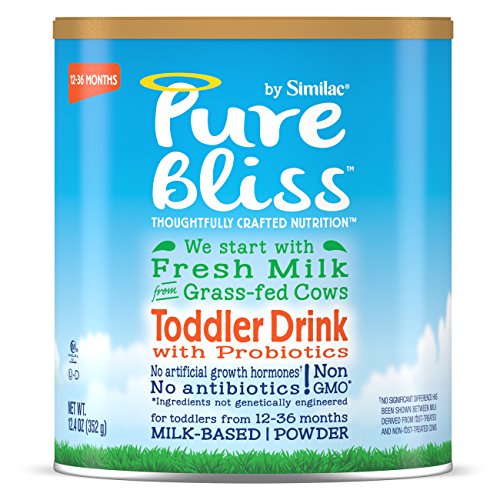 Like yogurt, kefir is suitable for people with lactose intolerance. Read more about the benefits of kefir in our article "Kefir and Its Unique Health Benefits".
Like yogurt, kefir is suitable for people with lactose intolerance. Read more about the benefits of kefir in our article "Kefir and Its Unique Health Benefits".
3. Sauerkraut
Sauerkraut is very popular both in the post-Soviet space and in other countries (Germany). In addition to probiotics, this product contains fiber, vitamins C, B and K, sodium, iron and other trace elements. Also, sauerkraut contains antioxidants lutein and zeaxanthin, which are beneficial for vision. However, all of the above applies only to unpasteurized sauerkraut.
4. Kimchi
Kimchi is a Korean relative of sauerkraut. To prepare kimchi, Chinese cabbage is used, to which carrots, garlic, onions, salt, sauces are added, and then fermented for 14 days.
5. Tempeh
Tempeh is a fermented soy product native to Indonesia. Today this product is popular all over the world as a high-protein meat substitute.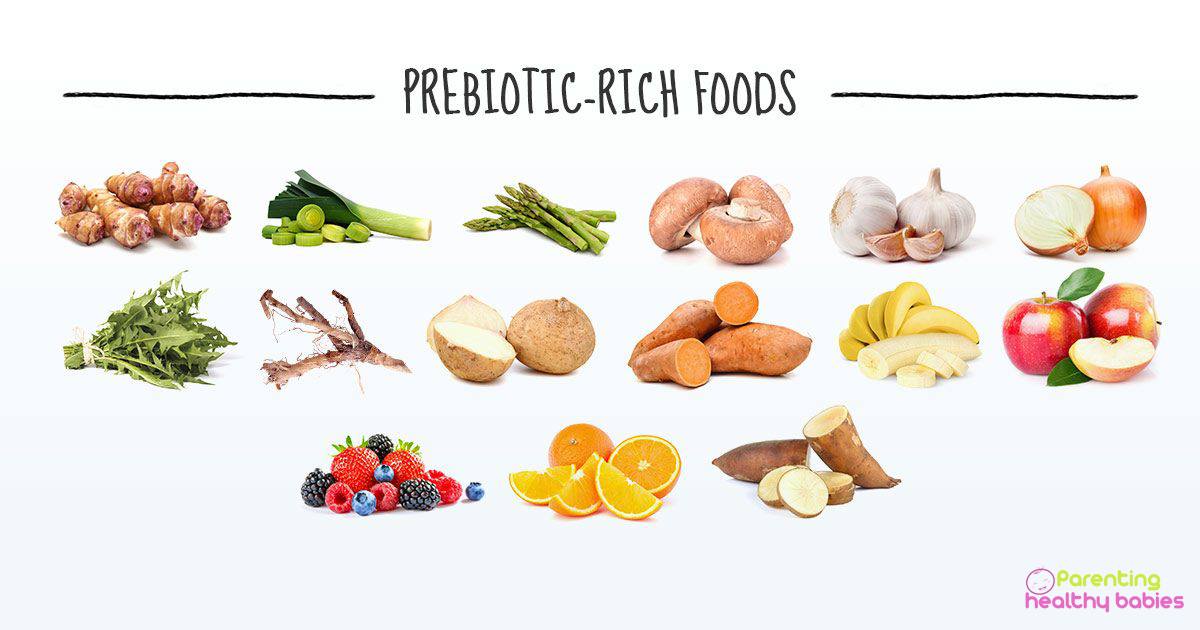 During fermentation, the amount of phytic acid decreases at a rapid pace, which increases the absorption of microelements contained in the product. In addition, the fermentation process produces vitamin B12, which we usually get from animal products such as meat, eggs, etc. As a result, tempeh is an excellent choice for both vegetarians and those who want to get enough probiotics in their meals.
During fermentation, the amount of phytic acid decreases at a rapid pace, which increases the absorption of microelements contained in the product. In addition, the fermentation process produces vitamin B12, which we usually get from animal products such as meat, eggs, etc. As a result, tempeh is an excellent choice for both vegetarians and those who want to get enough probiotics in their meals.
6. Miso
Miso is a Japanese dish made from fermentation of soybeans, rice, barley, wheat and a special type of fungus. It is a good source of protein and fiber, vitamins, manganese and copper.
7. Natto
Natto is another Japanese dish made from fermented soybeans. Rich in protein and vitamin K2, which is essential for bone and cardiovascular health.
8. Pickled cucumbers
Pickled cucumbers are a good source of probiotics and vitamin K. In addition, the consumption of pickles is good for digestion.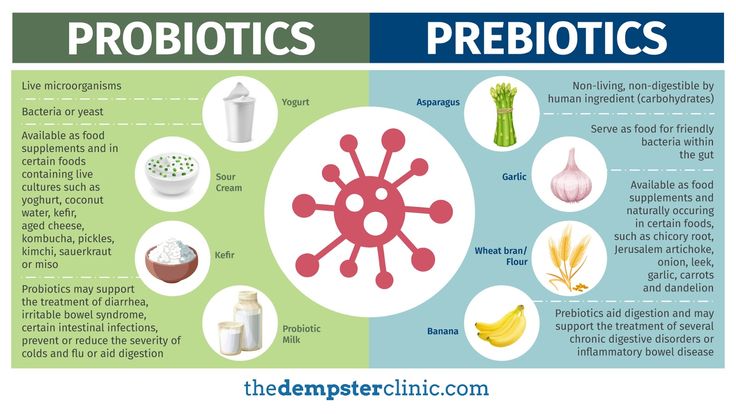 An important point: cucumbers pickled with vinegar do not contain live bacteria.
An important point: cucumbers pickled with vinegar do not contain live bacteria.
8. Some types of cheese
Many types of cheese are fermented, but this does not mean that every cheese contains probiotics. Good bacteria survive in some types of cheese, such as Gouda, Mozzarella, Cheddar and regular cottage cheese. Read more about cheeses in our material "Cheese guide for a real gourmet".
9. Kvass
Kvass is a fermented drink made from flour and malt, sometimes with the addition of additional ingredients (honey, beets, fruits, berries). Kvass contains probiotics.
10. Apple cider vinegar
Apple cider vinegar helps control blood pressure, normalize cholesterol levels, and is also used for weight loss. In addition, apple cider vinegar contains probiotics. In small quantities, it can be added to salads as a seasoning.
Nutrition for children: probiotics + prebiotics
Functional nutrition is nutrition that includes products containing pro- and prebiotics.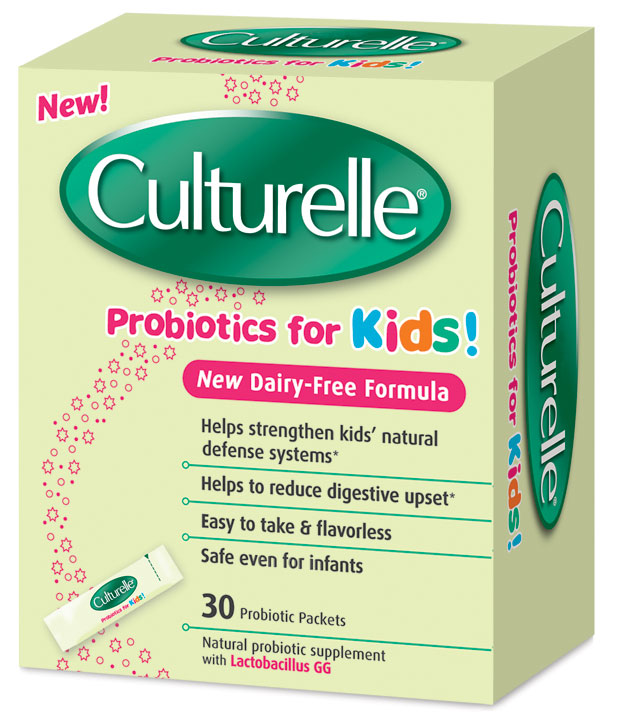
Probiotics (bifidobacteria, lactobacilli) are representatives of the normal intestinal microflora, live bacteria that have a beneficial effect on the child's body, forming a complete barrier of the intestinal mucosa. This barrier prevents pathogens from attaching to the mucosa, stimulates the body's defenses and improves the balance of the intestinal microflora.
Probiotics can influence the suppression of the growth of opportunistic flora, the development of diarrhea (loose stools) and candidiasis (fungal infection) of the gastrointestinal tract, the synthesis of vitamins, the absorption of minerals, especially calcium, the reduction of symptoms of lactase deficiency, as well as the increase in the frequency of stools and reducing the risk of constipation. Introduced with food, probiotics have a positive effect on the course of food allergies and intestinal diseases in children. However, increasing importance is attached to the influence of probiotics on the immune system.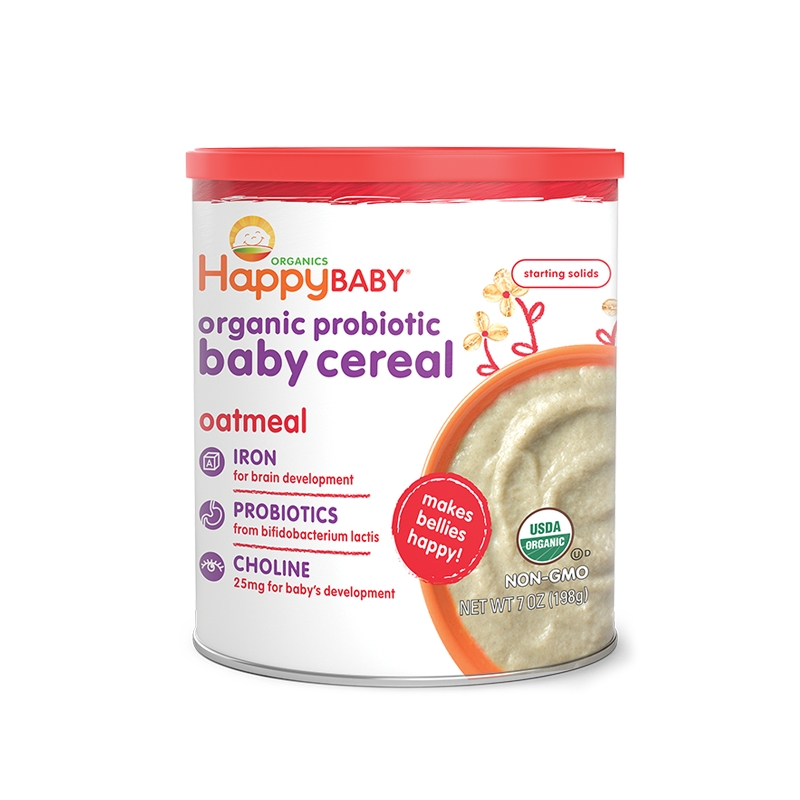
Prebiotics are non-digestible food ingredients that stimulate the growth and/or activity of certain bacterial strains in the colon. These include breast milk oligosaccharides, inulin and its hydrolysis products - fructooligosaccharides (FOS), as well as galactooligosaccharides (GOS).
The gut is the body's first line of defense against "bad" bacteria. The protective function of the intestine is provided by the dominant position of bifidobacteria, especially in children of the first year of life. A baby with mother's milk receives substances (oligosaccharides) that promote the growth of bifidobacteria. From this moment, the development of his immune system begins. Live intestinal bacteria develop, activate, train the baby's immunity. A decrease in the number of bacteria in the intestines can disrupt the development of the immune system, contribute to the occurrence of allergic conditions.
The period of introduction of complementary foods is accompanied by a decrease in the number of bifidobacteria in the intestines of the infant, as the volume of breast milk decreases.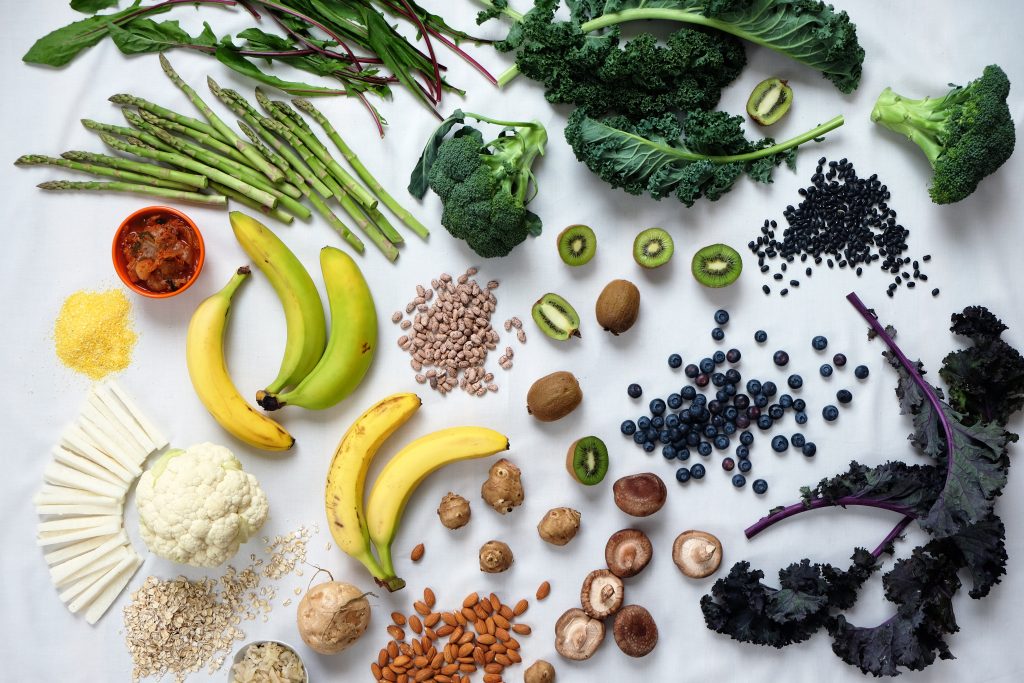 The diet includes a variety of foods that promote the growth of other bacteria. Therefore, when it comes time to introduce complementary foods, it is best that your baby gets bifidobacteria every day. This will help maintain a healthy microflora and thereby strengthen the child's immune system. Bifidobacteria from complementary foods (cereals) and mixtures, passing through the gastrointestinal tract of the child and not lingering in it, contribute to the growth of their own bacteria. Bifidobacteria, which are added to foods (probiotics), mimic the action of your own beneficial bacteria in the intestines of the child. That is why foods for children are fortified with probiotics.
The diet includes a variety of foods that promote the growth of other bacteria. Therefore, when it comes time to introduce complementary foods, it is best that your baby gets bifidobacteria every day. This will help maintain a healthy microflora and thereby strengthen the child's immune system. Bifidobacteria from complementary foods (cereals) and mixtures, passing through the gastrointestinal tract of the child and not lingering in it, contribute to the growth of their own bacteria. Bifidobacteria, which are added to foods (probiotics), mimic the action of your own beneficial bacteria in the intestines of the child. That is why foods for children are fortified with probiotics.
But in order to saturate your body with useful live bacteria, you do not always need to take pills and other medicines. Many of the bacteria are found in food, which must be included in your daily diet. Dairy products (cheese, kefir, cottage cheese, buttermilk, etc.) are sources of probiotics. reduction in the frequency of constipation, normalization of metabolic processes in the intestinal lumen.